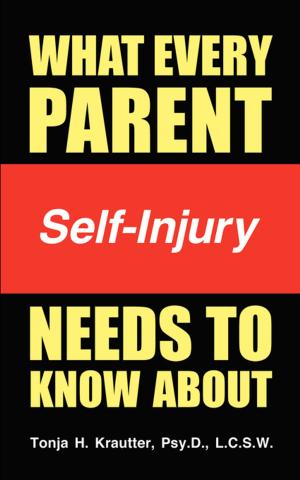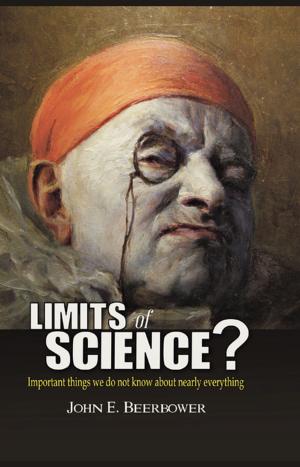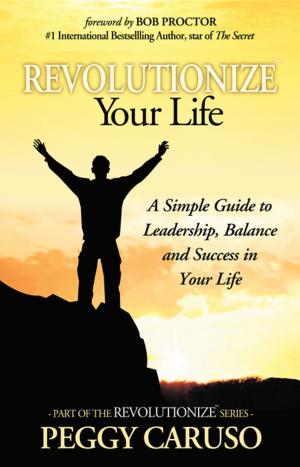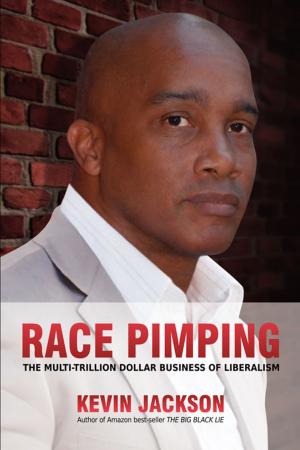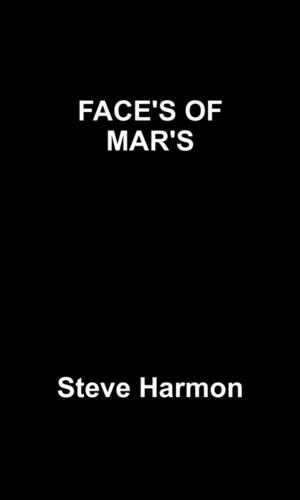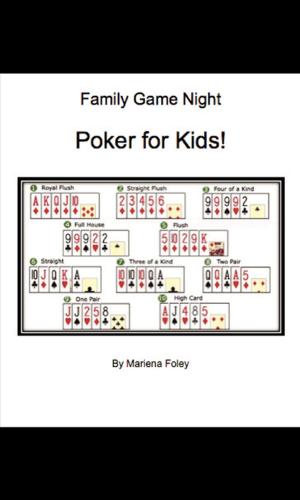DYING TO MAKE A FILM
It Was a Dream Worth Dying For
Fiction & Literature, Drama, Nonfiction, Entertainment, Biography & Memoir| Author: | Sir Ray Mann | ISBN: | 9781607465751 |
| Publisher: | FastPencil, Inc. | Publication: | January 18, 2013 |
| Imprint: | FastPencil | Language: | English |
| Author: | Sir Ray Mann |
| ISBN: | 9781607465751 |
| Publisher: | FastPencil, Inc. |
| Publication: | January 18, 2013 |
| Imprint: | FastPencil |
| Language: | English |
At the age of 23, childhood actor Ray V. Mann is ripped from his seat and thrown overboard into the Atlantic Ocean. Sharks immediately begin to circle. The young man struggles to stay afloat, pleading to be let back onto the boat, but the man above is convinced Ray is a cop. They’re on a drug run, from Cuba to Nassau, and this is a test. The sharks close in and he can’t swim anymore, and as Ray goes under he wonders how it came to this. All he wanted was the money to make his own film. Now all he wanted was to live. Written with a surprising amount of honesty and levity, "Dying to Make a Film" isn’t just a book about drug cartels, hit men and missing millions. It’s about what it means to do whatever it takes to chase a dream. It’s about not only surviving life’s sharks, but also surviving life’s unattainable promises. After being pulled back into the boat at the last moment, Ray becomes a trusted member of a Colombian drug cartel that works for the world's number one cocaine boss Pablo Escobar, shipping hundreds of kilos of cocaine to Miami, Detroit, Chicago and New York City. Between sitting in high-power meetings with some of the most wanted men in the world, Ray scribbles out his screenplay in dark hotel rooms with his gun nearby. Life inside the cartel grows more dangerous by the day, the DEA is hot on their trail, and Ray is forced to jump out of the back of a moving train with two suitcases of cocaine. When three million dollars comes up missing, Ray is fingered as the mastermind, and hit men are deployed. Still, he writes his film, desperate for the simpler life as an actor, and he manages to somehow stay alive. Years later, he marries an Russian Armenian woman and they have three kids, and after a decade, Ray and his wife separate. Ray goes into a deep depression, and soon he’s sleeping in his car, and then he’s homeless on the streets of Los Angeles. After three years of cardboard boxes and shelters, Ray finds God and an overwhelming compassion to help others. He picks himself up, leaves the street life behind, and forms his own motivational company. Ray is still working on the screenplay. Ray tells an insider’s perspective of not only the seedy drug world, but also of Hollywood and the streets of Los Angeles. His life takes many literal death-defying twists, but in the end his story ties together in an inspirational and gratifying way.
At the age of 23, childhood actor Ray V. Mann is ripped from his seat and thrown overboard into the Atlantic Ocean. Sharks immediately begin to circle. The young man struggles to stay afloat, pleading to be let back onto the boat, but the man above is convinced Ray is a cop. They’re on a drug run, from Cuba to Nassau, and this is a test. The sharks close in and he can’t swim anymore, and as Ray goes under he wonders how it came to this. All he wanted was the money to make his own film. Now all he wanted was to live. Written with a surprising amount of honesty and levity, "Dying to Make a Film" isn’t just a book about drug cartels, hit men and missing millions. It’s about what it means to do whatever it takes to chase a dream. It’s about not only surviving life’s sharks, but also surviving life’s unattainable promises. After being pulled back into the boat at the last moment, Ray becomes a trusted member of a Colombian drug cartel that works for the world's number one cocaine boss Pablo Escobar, shipping hundreds of kilos of cocaine to Miami, Detroit, Chicago and New York City. Between sitting in high-power meetings with some of the most wanted men in the world, Ray scribbles out his screenplay in dark hotel rooms with his gun nearby. Life inside the cartel grows more dangerous by the day, the DEA is hot on their trail, and Ray is forced to jump out of the back of a moving train with two suitcases of cocaine. When three million dollars comes up missing, Ray is fingered as the mastermind, and hit men are deployed. Still, he writes his film, desperate for the simpler life as an actor, and he manages to somehow stay alive. Years later, he marries an Russian Armenian woman and they have three kids, and after a decade, Ray and his wife separate. Ray goes into a deep depression, and soon he’s sleeping in his car, and then he’s homeless on the streets of Los Angeles. After three years of cardboard boxes and shelters, Ray finds God and an overwhelming compassion to help others. He picks himself up, leaves the street life behind, and forms his own motivational company. Ray is still working on the screenplay. Ray tells an insider’s perspective of not only the seedy drug world, but also of Hollywood and the streets of Los Angeles. His life takes many literal death-defying twists, but in the end his story ties together in an inspirational and gratifying way.

